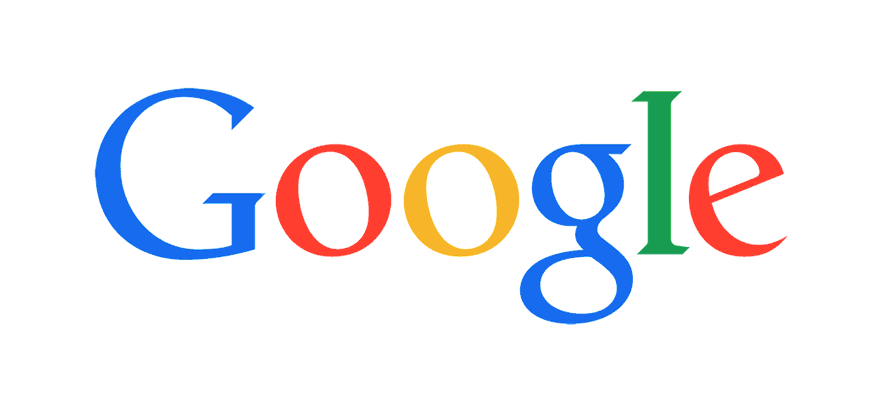
Google: no more data collection via cookie tracking
4. März 2021Google: no more data collection via cookie tracking
New York, 3/4/2021
Are data privacy advocates popping champagne corks now? Victory over Google! Have they brought the search engine giant to its knees?
At first glance, it looks like it. Tracking via cookie trackers and personalized advertising – by the beginning of next year at the latest, that will be the end of it. Google had already announced at the beginning of 2020 that it would do away with third-party cookies, which have enabled online advertising for decades, in order to meet increasing data protection standards in Europe and the US. Starting next April, new versions of the Chrome browser will be released that will allow cookie tracking to be turned off.
Don’t believe it, said some skeptics. Reason: this advertising method brings the group almost 300 billion dollars. It’s unlikely that they will do without it. From this follows: there must already be an alternative. Yes, there is: „Federating Learning of Cohorts“ (FloC).
Translated: Federating Learning of Cohorts. This already indicates the direction: The focus is not on the individual, but on groups. Not just any groups, but interest groups.
So the data collection continues? Sure, that’s what advertisers are after. But if there are no more cookies, how do the mountains of data come about? The browser is perfect for this. Every website that is called up, every piece of content that the user clicks on, flows into a Google targeting algorithm. The algorithm then allocates the groups. If the cohorts have an appropriate size, the individual user „disappears“ and can no longer be tracked.
Is Google now quite nice again? No, because there are still smartphones with the Android operating system. Here, everything obviously remains the same. Because mobile surfing has now overtaken desktop surfing, Google’s anti-tracking line is only a half-hearted measure.


